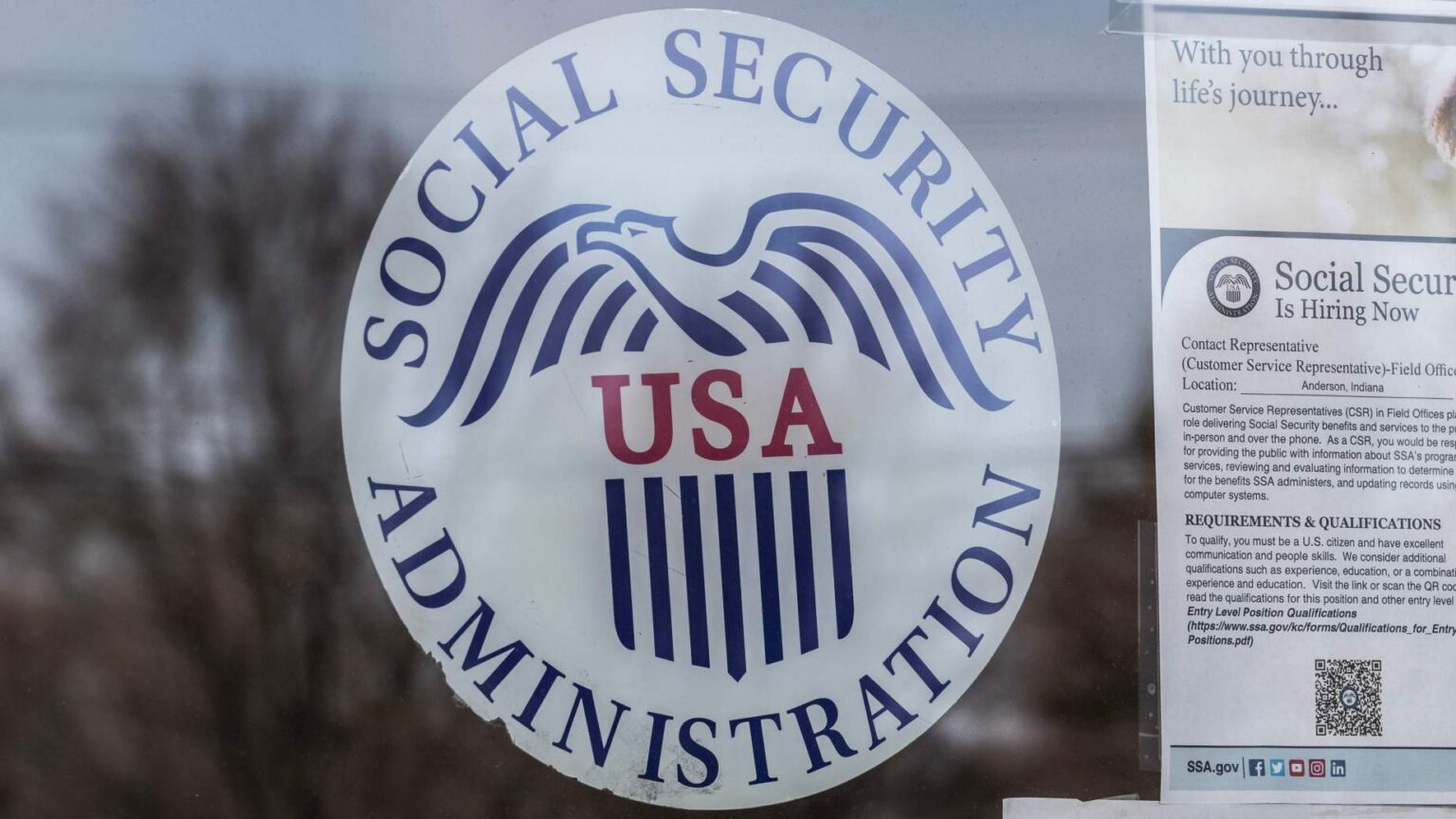Millions of retirees, widowed, disabled or VA, are in luck. Social Security has announced the last two payments for the month of September for this group of people in the United States.
It is important to remember that a portion of these beneficiaries have already received the first installment of their Social Security payment and it coincides with those who have a birthday from the 1st to the 10th of any given month.
For the rest of the beneficiaries, Social Security has announced the rest of the payment dates according to the day you were born:
- For retirees born from the 11th through the 20th of any month, they will receive their check on September 18.
- Those born from the 21st to the 31st of any month will receive their checks on September 25.
The government also reminds that the full retirement age (ordinary age) in the United States depends on the year you were born, being:
- 66 if you were born between 1943 and 1954.
- It increases gradually if you were born between 1955 and 1960, until you reach 67 years of age.
- For those born in 1960 or later, full retirement benefits are paid at age 67.
What is Social Security and who can apply for it?
The Social Security system in the United States is a federal program that provides retirement, disability, and survivor benefits to workers and their families. Funded through payroll taxes under the Federal Insurance Contributions Act (FICA), this system is essential for ensuring a stable income during retirement or in the event of disability.
Who can apply? U.S. citizens and certain legal permanent residents who have accumulated enough work credits are eligible for Social Security benefits. Generally, 40 credits—equivalent to approximately 10 years of work—are required to qualify for retirement benefits. Workers can earn up to four credits per year.
In addition, family members of eligible workers, such as spouses, dependent children, and in some cases ex-spouses, may also receive benefits. Individuals with disabilities who meet specific medical and work criteria can apply for disability benefits.
It’s important to note that some non-citizens with legal status and authorization to work in the United States may also be eligible. However, undocumented immigrants do not qualify for Social Security benefits, even though they may contribute to the system through payroll taxes.
Table of Most Important Data
| Aspect | Description |
|---|---|
| Program | Social Security in the United States |
| Funding | Payroll taxes (FICA) |
| Benefits | Retirement, disability, and survivor benefits |
| Eligibility | Citizens and certain legal permanent residents |
| Required Credits | 40 credits (approximately 10 years of work) |
| Credits per Work Year | Up to 4 credits |
| Additional Beneficiaries | Spouses, dependent children, and ex-spouses in some cases |
| Disability Benefits | For those who meet specific medical and work criteria |
| Eligible Non-Citizens | Some with legal status and authorization to work |
| Undocumented Immigrants | Do not qualify for benefits but may contribute via payroll taxes |








